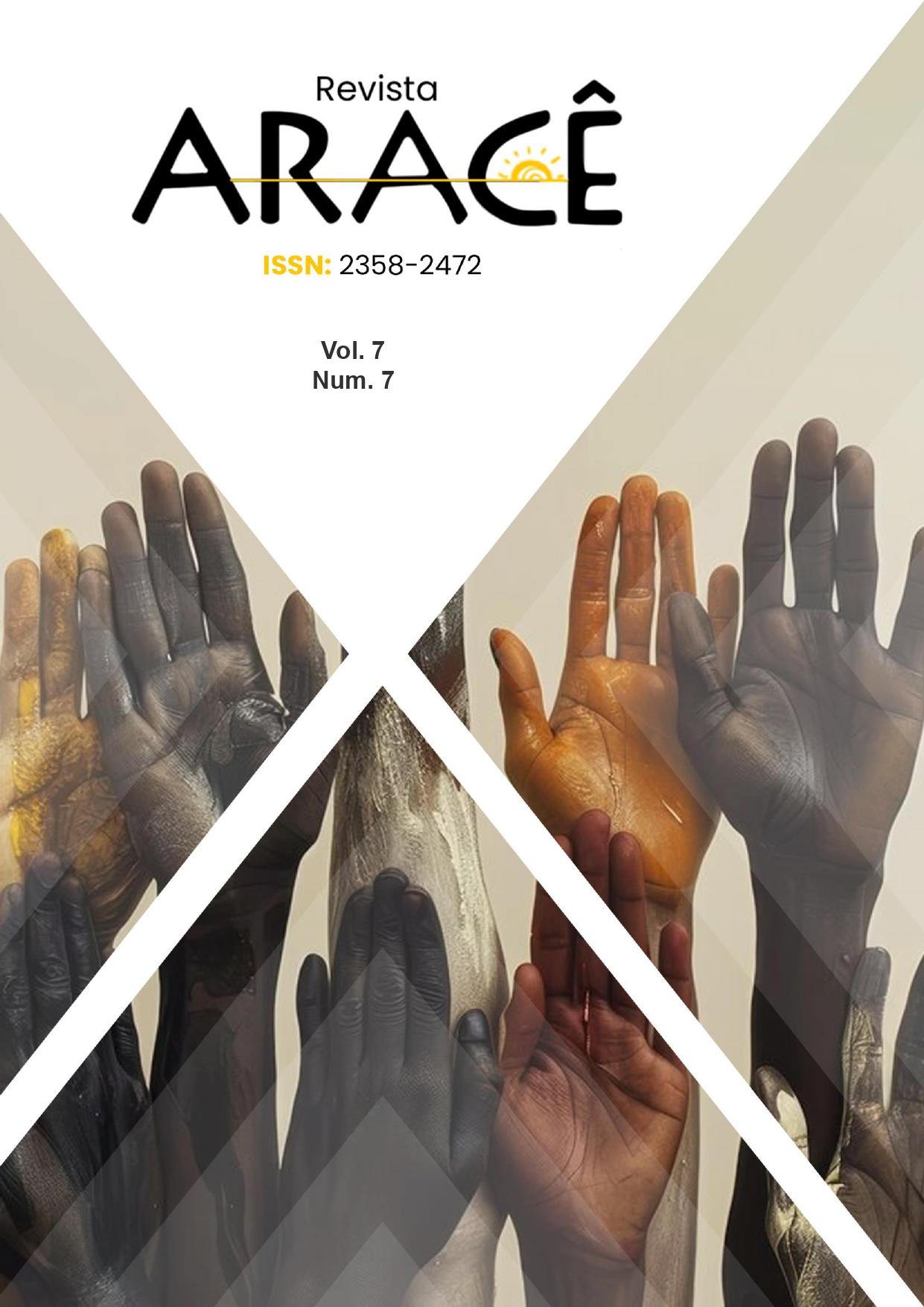O PROFESSOR ROBOTIZADO: A PERDA DA RELAÇÃO HUMANO-PEDAGÓGICA NA ERA DA IA
DOI:
https://doi.org/10.56238/arev7n7-014Palavras-chave:
Inteligência Artificial na Educação, Autonomia Intelectual, Pensamento Crítico, Viés Algorítmico, Mediação PedagógicaResumo
Este artigo analisa criticamente os impactos da inteligência artificial (IA) na educação, destacando os riscos da robotização do ensino e da erosão da relação pedagógica humana. Argumenta que a mediação algorítmica, embora prometa eficiência e personalização, na prática padroniza processos de aprendizagem, reforça desigualdades e reduz o papel do professor a operador de ferramentas tecnológicas. Através de exemplos concretos, demonstra como sistemas de IA falham ao reproduzir vieses linguísticos e culturais, limitam a autonomia docente e transformam a educação em um processo mecânico e quantificável. O texto explora ainda alternativas para um uso ético da tecnologia, defendendo modelos híbridos que preservam a agência humana, a regulação de ferramentas educacionais e a revalorização do professor como intelectual transformador. Conclui com um chamado ao debate público sobre os fins da educação na era digital, enfatizando a necessidade de priorizar relações humanas e objetivos pedagógicos emancipatórios em detrimento de lógicas mercadológicas e de controle. A reflexão propõe que a tecnologia deve servir à educação, e não o contrário, preservando espaços para criatividade, criticidade e diálogo – dimensões essenciais que a IA não pode replicar.





